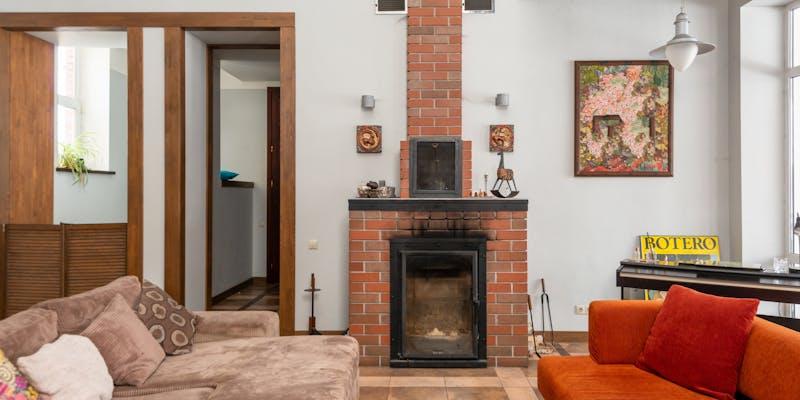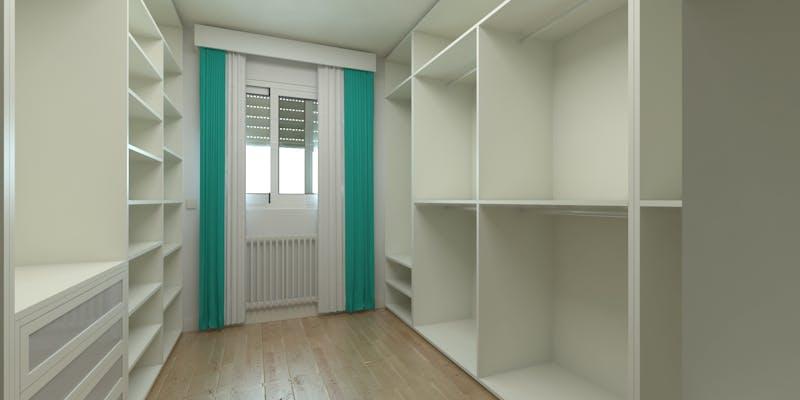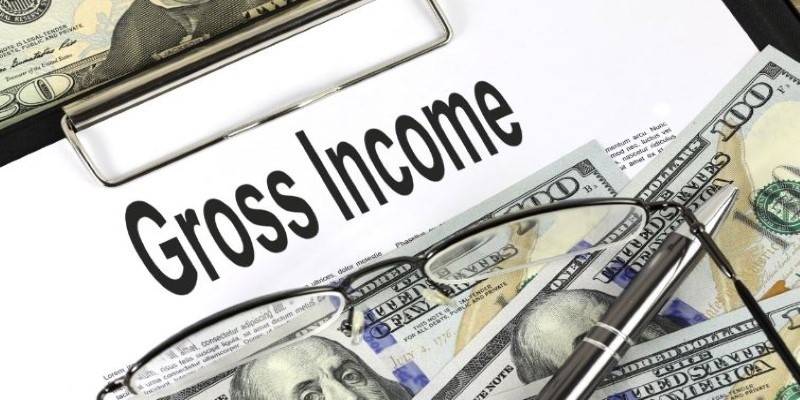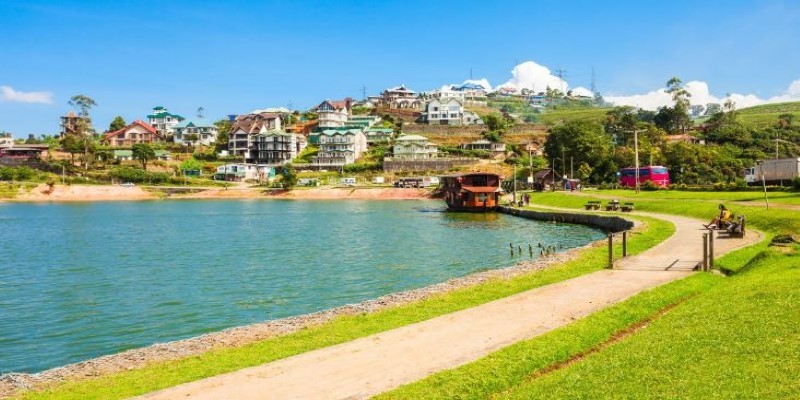If a house remains vacant for 30 days, then it is labeled as a vacant house. Insurance for vacant homes can cost more and provide fewer advantages. So, if your property is unoccupied for a long time or has insurance restrictions, it can not be covered by your normal home insurance. Moreover, an insurance "vacant property" might be any of the following:
- Unoccupied long-term
- Never intended for living
- Currently vacant
In case of a vacant property, you need to tell your insurance carrier if you're buying a condo to rent and think it won't be occupied for a few months until you locate tenants. Additionally, they can even explain your alternatives and coverage restrictions. In addition to the hazards previously outlined, problems can arise when a vacant property is not examined or maintained. Most vacant house insurance policies treat unoccupied properties differently.
Vacant Property Insurance Cost
Vacant home insurance coverage costs 15%20% more than the normal ones. Home insurers consider unoccupied houses more unsafe since no one is present to prevent issues. Some factors that affect a vacant houses insurance premium are:
- Age of house
- Reason for vacancy
- Property condition
- Duration of vacancy
- Location
- Distance to fire station
- Security systems installed
What Standard Vacant Home Insurance Covers?

Standard homeowner's insurance does not cover vacant houses. When a home is vacant, its vacant home insurance coverage covers damage from things like storms, lightning, floods, theft, or fires. This coverage is important because you might not know right away if the damage is happening to a vacant house.
You can also get liability and theft insurance in case someone damages the vacant property on purpose. You can also get coverage for your personal belongings and coverage for separate buildings like sheds. For information on whether or not you need vacant home insurance coverage, talk to your insurance provider or read your policy.
What Vacant Home Insurance Does Not Cover?
Your vacant house insurance might not cover many things, but you can add additions as well. These can cover extra buildings, personal property, damage, and liability. Unlike regular property insurance, coverage for an empty house won't pay for fixes after vandalism or theft. However, a different insurance or recommendation will still be needed to cover these. Consult your insurance agent or read the policy's terms and conditions to find out if and when certain exclusions can apply.
Regular property insurance covers you all year, but these plans usually only last for three to twelve months. So, if something happened to a house that wasn't occupied after the policy's time was over, you would have to pay for it yourself. Additionally, some insurance companies can not cover vacant houses because of the type of property they cover. Therefore, you should look for insurance that covers certain types of empty homes.
Buying a Vacant Property Insurance

To get insurance for a vacant property, it is necessary to do the following:
Always Consider Your Needs and Locate the Best Insurance Company
Before you start getting quotes, it's helpful to write down your insurance goals and allocate a budget. Choose an insurance company that lets you quickly handle your account online and has a good name on the internet. Alternatively, look for a company that consistently gets good reviews from satisfied customers. If money is tight, try to get security from the cheapest vacant insurance company. Moreover, knowing what you want makes shopping easy.
After deciding what kind of security you need, the next step is to find insurance companies. The least expensive choices for insurance on a house that isn't being lived in can not always be from the best companies. A different vacant home insurance coverage or an endorsement can be offered from your home insurance company. By grouping your insurance policies, you might be able to get a deal. It is essential to do some study to see if insurance companies in your state cover vacant houses if you want to get a different policy. Also, ensure to look closely at the service options, extras, and discounts.
Compare Rates To Find The Cheapest
The next step is to collect price quotes from the companies you shortlisted. You can get a more accurate quote by talking to an agent and explaining your situation. They are also the finest in advising you on the appropriate level of coverage, helping you understand the limits of your insurance, and providing savings information.
Consult as many companies as possible to obtain the greatest price. This way, you can compare prices and benefits. Moreover, you should be ready for a quote that could be very expensive because a normal homeowner's coverage can cost up to 60% more than insurance for unsold property.
Always Set Up a Policy
Adding the endorsement to your current policy or finishing the policy is the last thing you need to do to get coverage for an empty house. When you replace your primary home insurance policy with an empty one, be careful not to let your vacant home insurance coverage run out. Later on, your agent will guide you to guarantee your coverage never expires.
Difference Between Vacant and Unoccupied Property
When a house remains vacant for an extended length of time yet has the majority or all of the owner's personal belongings, it is often seen as unoccupied. The following are some instances in which a house might be unoccupied:
- Youre in the hospital.
- Youre on vacation.
- Youre traveling for work.
Some home insurance companies offer extra security for homes that are empty and don't usually need it. Let's imagine that you spend some time in both your Florida and New York houses. Now, as your home insurance company will probably think that you take some care of both homes, they can see them as less of a risk than a normally empty home. Lastly, ensure to discuss coverage for a vacant house that isn't being lived in with your insurance agent.





